Cancer Treatment Hospital in Hyderabad
Yashoda Cancer Institute offers comprehensive care in the diagnosis, treatment, and prevention of cancer. The institute is staffed with oncologists, hemato-oncologists, radiologists, genetic counselors, and nutritionists of national and international repute. It aims to deliver complete medical and surgical therapeutics with skillful cancer care. Yashoda Cancer Institute is one of the leading center of excellence for cancer treatment in India. The institute offers dedicated and comprehensive cancer diagnosis and treatments across 3 independent hospitals located in Somajiguda, Secunderabad & Malakpet. Close to 20,000 cancer patients visit the institute every year from all over India and the neighboring countries. It has achieved excellence in addressing patients with many types of cancers and is one of the best cancer treatment hospitals in Hyderabad.
Oncology Treatment in Hyderabad
Cancer is a collection of related diseases in which some of the body’s cells begin to divide without stopping and spread into surrounding tissues. Different cancers can require different treatments such as chemotherapy, radiation therapy, or immunotherapy.
The institute has a dedicated state-of-the-art bone marrow transplant unit for patients with cancers of the blood and bone marrow such as leukemia and lymphoma. With world-class infrastructure, laboratory, facilities for radiation therapy, chemotherapy, surgeries, and tumor removal procedures, the institute offers comprehensive treatment and consultation for the diseases listed below.
Best Cancer Treatment in Hyderabad
Adnexal Tumors
Adnexal tumors are the abnormal growths formed on the organs and tissues around the uterus in women such as ovaries, fallopian tubes or connective tissues around them. They show a lot of variations in the structure and may or may not be cancerous.
Adrenal Cancer
Cancer that affects the adrenal glands positioned on the kidneys is called as adrenal cancer. The tumor of adrenal glands is called as adrenal cortical carcinoma. Read more..
Ameloblastoma
Ameloblastoma is a very rare, noncancerous tumor of the jaws that affects the lower jaws more than the upper jaw. Read more..
Anal Cancer
Anal cancer is a disease of anus wherein the abnormal, cancerous cells grow which may cause a lump, rectal bleeding and pain. The risk of anal cancer increases with the human papillomavirus infections.
Bladder Cancer
Baldder cancer or bladder carcinoma is a cancer of urinary bladder. Men and smokers have an increased risk of developing bladder cancer. The most common symptom is blood in urine, painful urination.
Bone Cancer
A mass of abnormal cells in the bones can be cancerous. However, most of the tumors are not. bone cancer may be caused due to abnormal healing of an injury or spread of a primary tumor arising from another part of the body. Read more..
Brain & Spinal Cord Cancer (Neurological)
The tumors that originate from the brain and spinal cord are brain and spinal cord cancer. These neurological cancers may either be harmless tumors or cancerous. Brain tumors are more common than spinal tumors. Gliomas and meningiomas are some of the commonly noted neurological cancers.
Breast Cancer (Breast Clinic)
Cancerous tissues found in breast are called as breast cancer. Breast cancers are commonly noted in women, however, the cancer may also affect men. Symptoms of breast cancers include a rash, lump, and discharge from nipples. Read more..
Cervical Cancer
Cancer arising from the cervix due to abnormal tissue growth is called cervical cancer. This cancer affects the lowermost part of the uterus (womb) and can be prevented by PAP smear screening and HPV vaccination. Read more..
Carcinoid tumors
Carcinoid tumors are slow growing cancers that arise in several regions throughout the body usually in the digestive tract (stomach, appendix, small intestine, colon, rectum and lungs).
Colorectal Cancer
It is the cancer of the large intestine, the final part of the digestive tract. Colorectal cancer often arises from the polyps in the region of the colon and rectum (Rectal Cancer). Read more..
Desmoid Tumors
Desmoid tumor is an abnormal growth arising from the connective tissues that can occur anywhere in the body. This tumor is noncancerous as it does not spread from the site of origin.
Esophageal Cancer
Esophageal cancer is the cancer of the hollow tube called esophagus that runs from the throat to the stomach. Smokers and people with poor acid reflux are more prone to esophageal cancer.
Esthesio-Neuroblastoma
Also known as olfactory neuroblastoma which is a rare cancer of nasal cavity that originates from the sensory cells known as neuroectodermal olfactory cells.
Laryngeal Cancer
Laryngeal cancer (incorrectly called as larynx cancer) is a malignant cancer of the larynx, the voice box located in the throat. Use of tobacco and excessive alcohol can increase the risk of laryngeal cancer.
Gastric (Stomach) Cancer
The growth of abnormal cells in the stomach lining is called as gastric or stomach cancer. Smoking and eating highly processed foods and salty foods increases the risk of developing gastric cancer. Helicobacter pylori infections also increase the risk. Other cancers of digestive system include pancreatic cancer & small bowel cancer.
Germ Cell Tumors
Germ cell tumors commonly develop in the ovaries or testicles. Other than ovarian cancer and testicular cancer, germ cell tumors are associated with cancer in the region of lower back in infancy.
Head and Neck Malignancies
Head and neck cancer affects the group of cells in the head and neck region namely nose, mouth, sinuses, tonsils and throat. Change in voice, persistent sore throat, trouble swallowing are the common symptoms of head and neck cancer. Some of the head and neck cancers include nasopharynx cancer, oral cavity cancer, oropharynx cancer and soft palate cancer.
Craniopharnygiomas
A very slowly growing brain tumor that is non-cancerous. Found near the pituitary tumor. Most commonly occurs in the childhood and adolescence.
Hepatobiliary Cancer (Liver, Biliary Tract)
Hepatobiliary cancers are the highly malignant cancers that can be lethal. These cancers originate in the cells of the liver, bile duct, and gall bladder.
Kidney cancer
Kidney or renal cancer is the cancer that originates in the kidneys. Renal cell cancer (carcinoma), transitional cell cancer and Wilms tumor are the main types of renal cancer. Read more..
Leukemia
Leukemia is a cancer of the early blood-forming cells in the blood and bone marrow that occurs as a result of the excessive formation of white blood cells. Different types of leukemia include acute lymphoblastic leukaemia, acute myeloid leukaemia and chronic lymphocytic leukaemia.
Lung Cancer
Lymphoma or lymphatic cancer
Lymphoma affects the lymphocytes (white blood cells), lymph nodes, spleen, bone marrow and the thymus. It is one of the most common childhood cancers. There are two types of lymphoma – Hodgkin’s & Non-Hodgkin’s lymphoma. Read more..
Ovarian Cancer
Ovarian cancer begins in the ovaries in women. Ovaries a pair of reproductive organs that houses the egg reserve the woman will need to have a baby. It goes undetected until it has spread in the pelvis or stomach.
Prostate Cancer
Prostate cancer is the most common cancer in men after skin cancer. The symptoms differ for each man and routine screenings are important for early detection. Digital rectal exams and (Prostate-Specific-Antigen) PSA tests are necessary in diagnosis of prostate cancer. Read more..
Skin Cancer (Basal Cell, Squamous) Melanoma
Skin is the largest organ in the body and is affected with cancer when there is an uncontrollable growth of cells. Melanoma is the most serious type of skin cancer. Other skin cancer types include basal cell cancer, squamous cell carcinoma. Read more..
Uterine (endometrial) Cancer
Uterine cancers are of two types – endometrial cancer which is very common and uterine sarcoma (rare). Vaginal bleeding between periods and bleeding after menopause are commonly associated with uterine cancer.
Patient Testimonials For Cancer
Health Blogs for Cancer
FAQ’s
Radiation oncology treatment side effects?
The treatment of radiation therapy causes hair loss, skin irritation and texture change, dry mouth, mouth sores, nausea, vomiting, fatigue, fear, anxiety, lower blood cell count, indigestion, and risk of another type of cancer development.
What is oncology treatment?
Yashoda Hospital has dedicated state-of-the-art technology with world-class infrastructure, a laboratory, and facilities for oncology treatments. As different cancers can require different treatments such as chemotherapy, radiation therapy, or immunotherapy, the institute offers comprehensive treatment and consultation for our cancer patients.


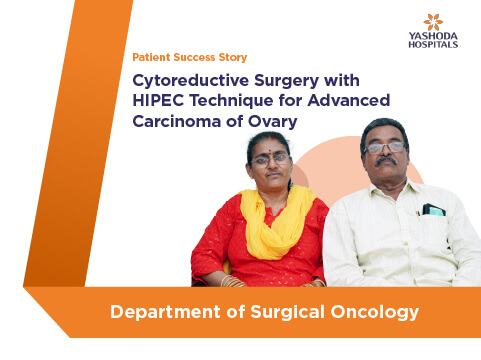

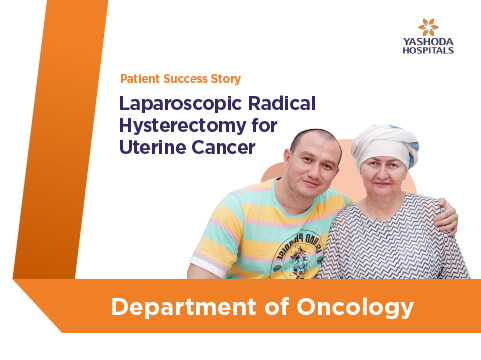
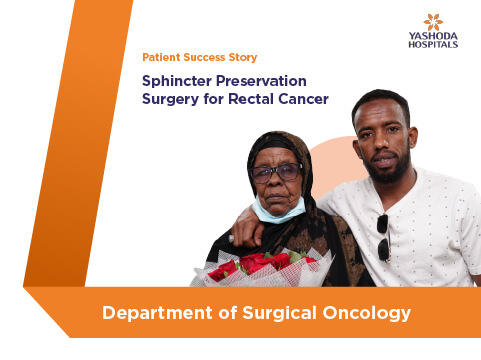
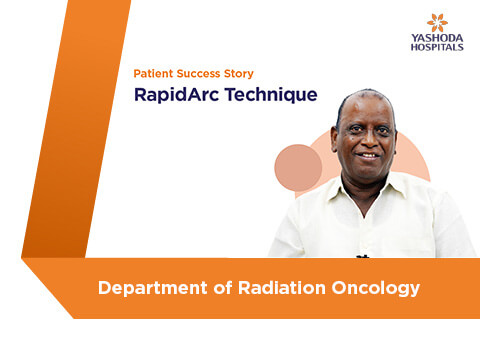
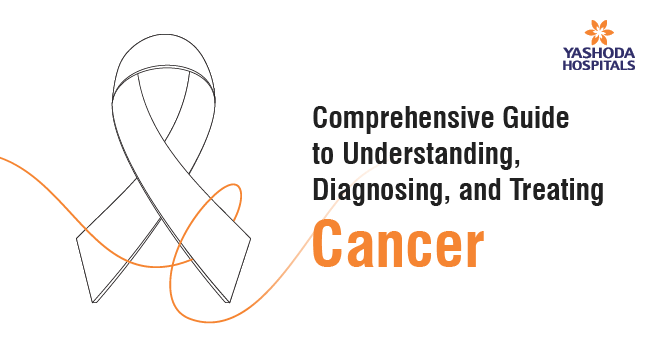
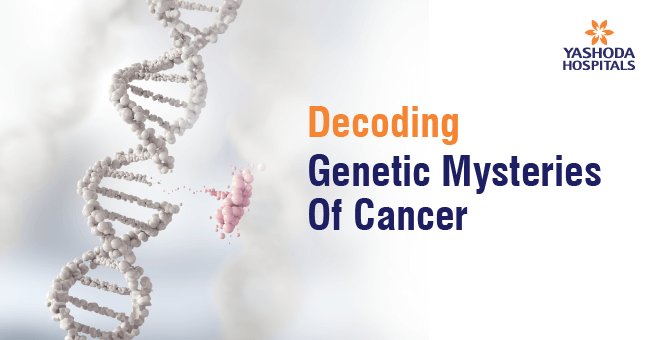



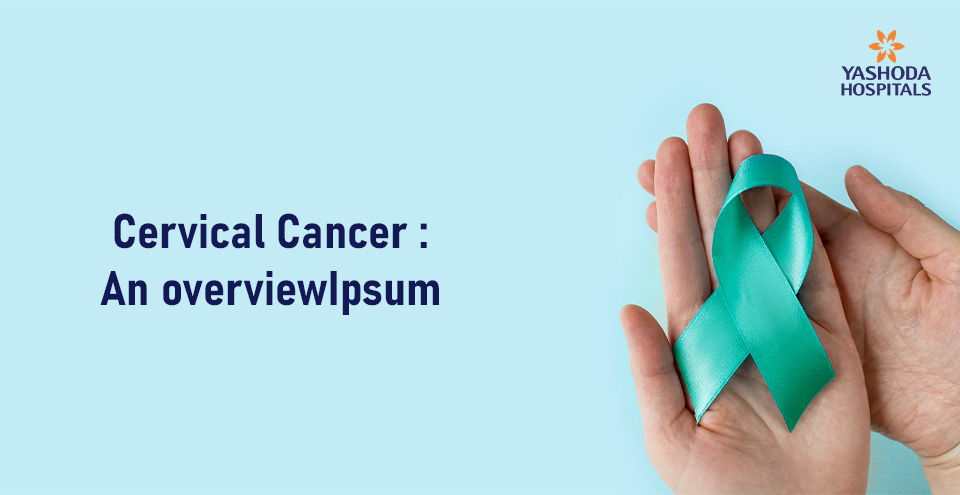
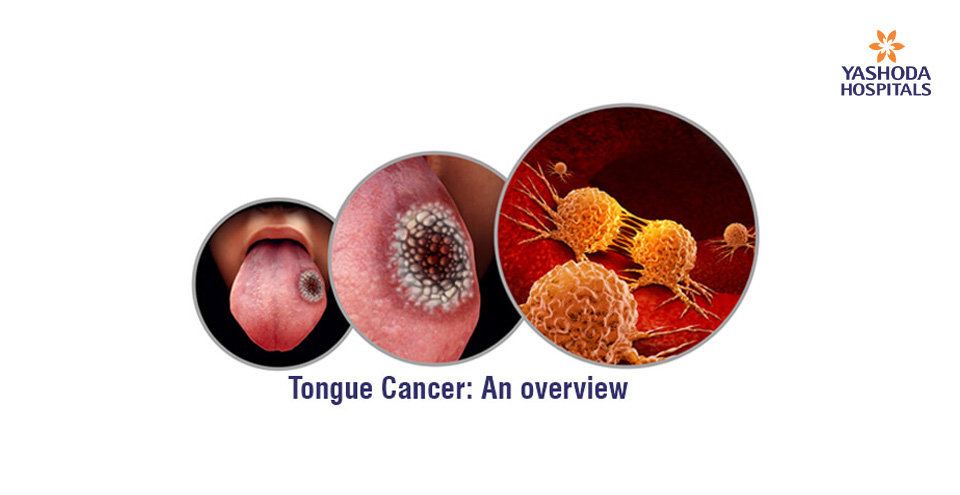
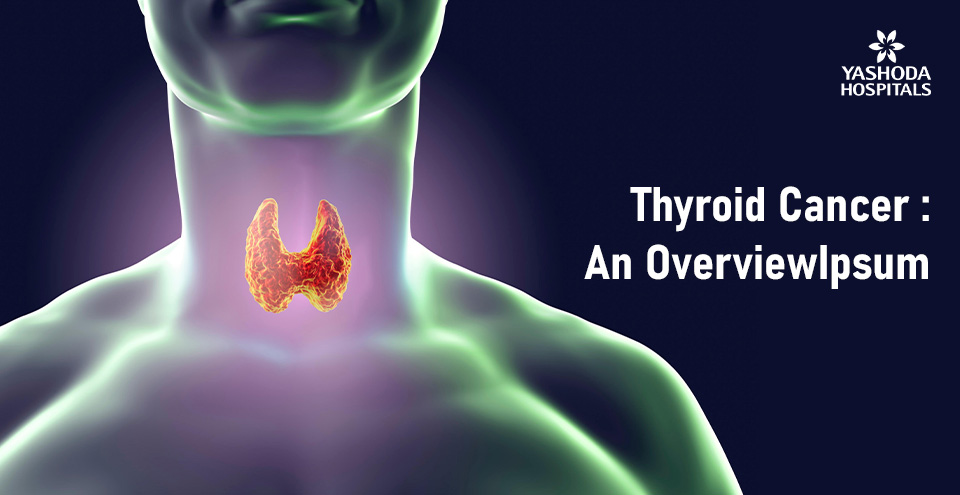
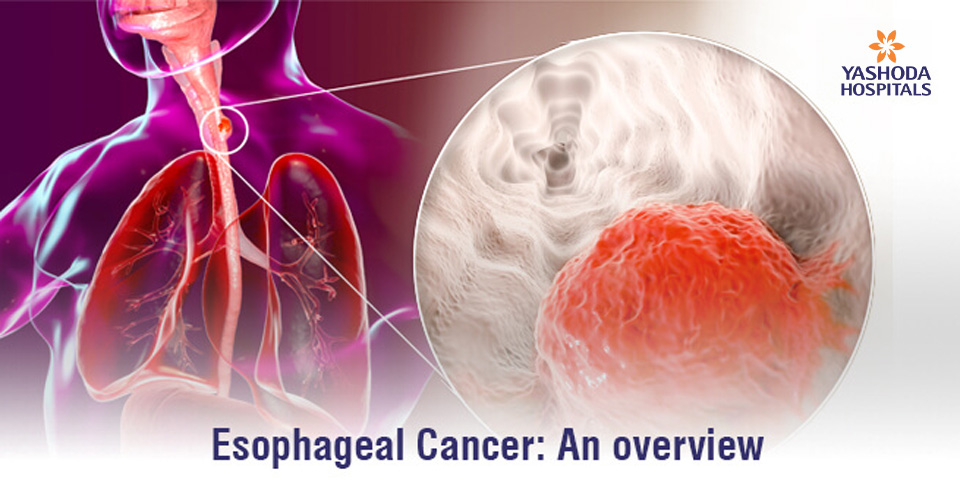
 Appointment
Appointment WhatsApp
WhatsApp Call
Call More
More

